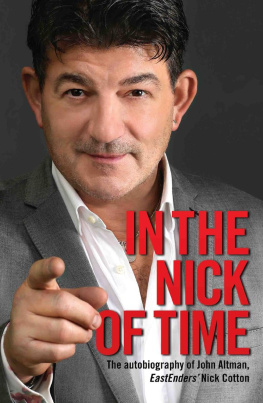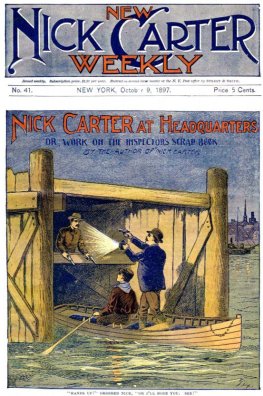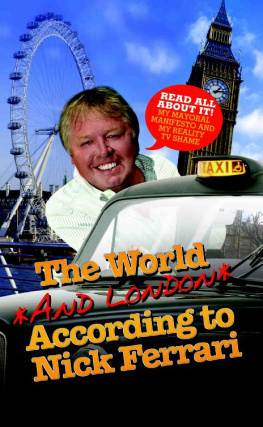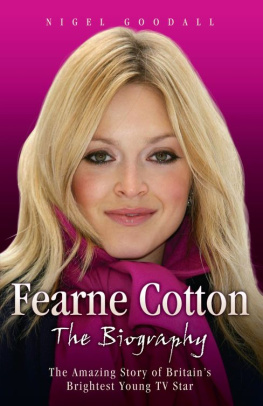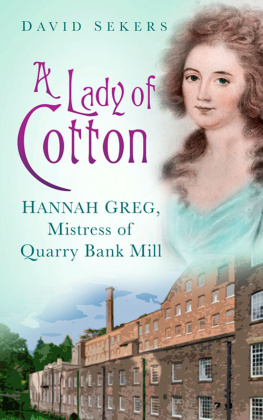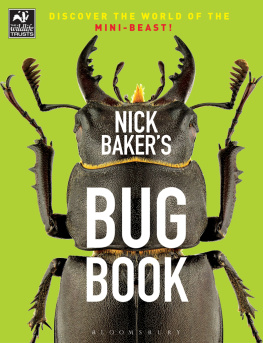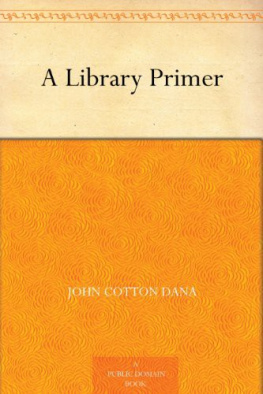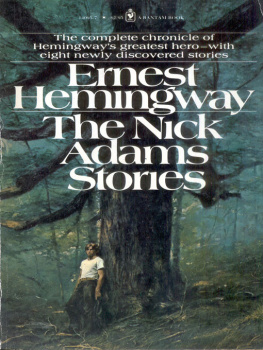N icholas Charles Cotton made his final appearance onscreen on 19 February 2015 although by then he was only shown as a corpse, having already breathed his last. As an actor it felt like I might breathe my last too while shooting those scenes, having spent long periods during takes without daring to take in any air!
Its not easy playing dead when the camera has you in close-up. Often I look for telltale movement when Im watching a similar scene in the movies. I had to debate whether to hold my breath entirely or to breathe shallowly while portraying the dead Nick. In the end I opted to hold my breath. It was something I did regularly at my local swimming pool Id keep going for an entire length without taking in any air and that was how I began my half-mile, 32-length swim. Id always known one day it would come in useful. Ironically, Nick died in the same room in which he had murdered a minor character called Reg Cox 30 years previously in the first ever episode of EastEnders.
Watching my final scene for the first time was not an emotional experience I viewed it technically. On the second viewing I did feel more, because of June Browns incredible performance as Nicks mother Dot and the tragic years that encompassed their relationship.
As an actor, you have to love a character and Id grown to love Nick despite the darkness of his soul, and after working for thirty years together he and I had bonded with one another. I had nurtured hopes that Nick might be a part of Albert Square well into his old age, nursing a pint in the corner of The Queen Vic and quietly cursing everyone. But it wasnt meant to be.
Nick murmured his final words, Ma, come closer. Im sorry, Ma, everything Ive ever put you through, forgive me. And, with a kiss from Dot to his forehead, that was the end of Nick Cotton.
BERKSHIRE POPPIES
I have often said, If it wasnt for Adolf Hitler, I probably wouldnt be here.
On 2 October 1944, 25-year-old Jack Whittington was flying a Spitfire south of Wuestwezel in Belgium. It was his second mission in two days and although he had now become an instructor having survived so far in World War II he stood in for someone who couldnt make the operation.
Tragically while strafing German railway lines he was shot down and left my mother, Tina Florence Schofield, a war widow. At the time they had a daughter, my half-sister Maxine, who was just five years old.
The son of Lewis, a butcher and builder, and Georgina Whittington, Jack and my mother were teenage sweethearts from Lake and Shanklin on the Isle of Wight. They had married in a chapel and went through most of the war together, travelling all over the UK. My mother recalled surviving a run through the blazing streets of Portsmouth, a sailor carrying Maxine in his arms. She and Jack had met at a local dance (mother sang popular tunes of the time in a jazz band). Jack was great fun and a good footballer too.
His death was a second great sadness for my mother as she had lost her own mother, Florence, to cancer two years after her birth. My mother is a strong woman though and despite what she went through, she has always had a bright and kindly, friendly and loving nature.
My sister, Maxine, finally visited Jacks grave with her husband, Colin, 60 years later, on 20 April 2004 at Schoonselhof Military Cemetery, Antwerp, Belgium. The inscription on his headstone read: Just a thought, true and tender, of one we loved and will always remember.
Maxine was a war baby, travelling the length and breadth of the country while my mother kept the family unit together as best as she could. But she was now a war widow with a small child to support, as were so many, with the added sadness of having no mother of her own to turn to, but Aunty Mora (Florences sister) gave her all the love and comfort that she could.
My mother and her sister, Mamie, had been brought up on the Isle of Wight by their Aunt Mora and Uncle Charlie Baker, at 195 Sandown Road, Shanklin. Their father was Johnny Schofield junior. When I was born, he was delighted as I was the first grandson. Hed had three daughters himself: Mamie, Tina and Yvonne. Johnny was part of the theatrical side of the family. A character actor, he played pantomime dames and had bit parts in Nol Cowards play Blithe Spirit and old war films such as The Cruel Sea and Went the Day Well? In the latter he died a hammy death in a churchyard. I like to think that I took after him in catching the acting bug.
After my mother was widowed, the only choice she had was to go back home to her Aunt Mora whom I also knew as Aunty Mora. Mora was like a second mother to Mother and was much loved by my sister Maxine and they always remained close. A star of pantomime and music hall all over the UK, in her day she had been a petite beauty, who sang like a nightingale. Later she saved up threepenny bits for my brother William and me. In the evenings she would sit at her dressing table, combing her long silver hair, before she handed us coins when we said goodnight.
For my mother, being back in the Isle of Wight where she and Jack had first met must have been a sad experience but also ultimately healing in the care of her aunt. Seeing all the places they had been together, even going to the local butcher, must have brought it all back as that was where Jack had worked before he was called up. My mother passed some time during the late 1940s working as a hairdresser, being a single mother and in need of money, but her main role, as she saw it, was to be a good mother and she was. She and Maxine were enveloped back into Moras household. She buried her sadness and got on with life. Thats the way it was then. It wouldnt have occurred to her to be any other way. It seems to me that the generation who lived through the war nurtured great strength and spirituality, more so than many people do today.
My mother first met my father, Cecil Clarkson Stewart, in 1949 at the Green Man pub, in a little village called Hurst, near Reading, in the Berkshire countryside. She had made the trip from the Isle of Wight to visit her sister Yvonne Green and her husband Frank as my cousin Louise had just been born. Later, during that same trip, when my mother needed a bath, Aunty Yvonne (who didnt have one) asked Cecil if they could use his. He lived nearby in a house called Little Hinton with his widowed mother, Frances known as Fanny. Cecil and my mother stayed in touch after she returned, and before he eventually visited the Isle of Wight to be introduced to Mora.
For a year they courted before getting married in a registry office and honeymooning in a caravan in Seaford, Sussex, and then settling down to a life in the Berkshire countryside. It wasnt always easy a forty-something bachelor who lived with his mother and a young war widow with a child, but somehow it worked. My father accepted Maxine into the family but they were never close. She never called him Dad, he was always Uncle Cecil to her and she moved out of the family home at the age of seventeen, going on eighteen, when she became a nurse at The Rowley Bristow Hospital in Woking.

